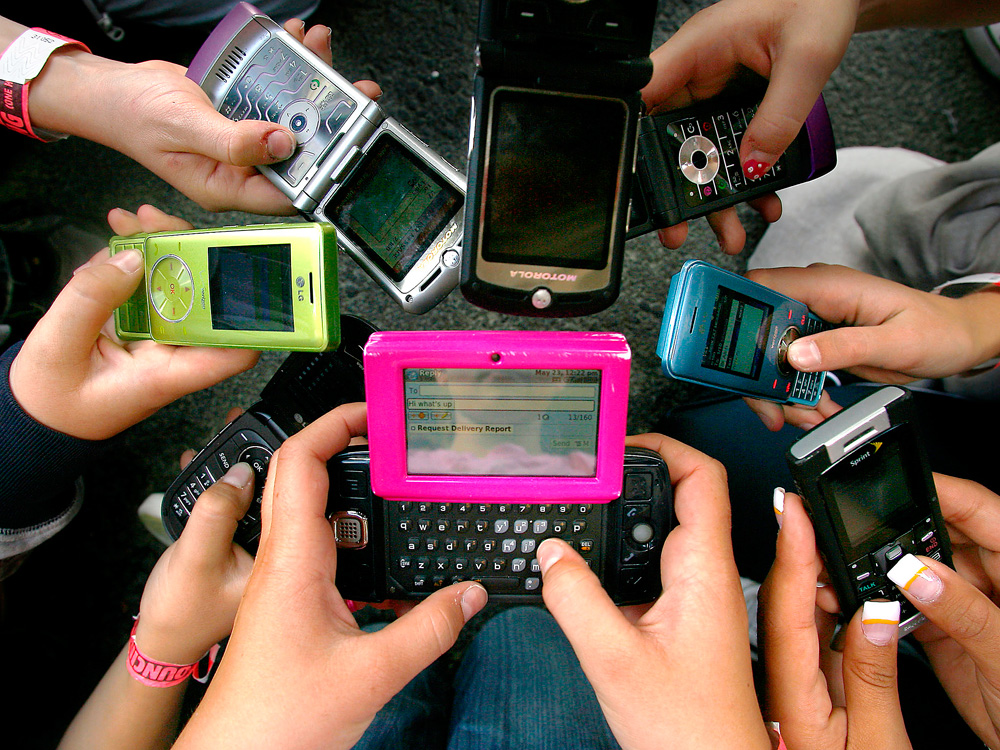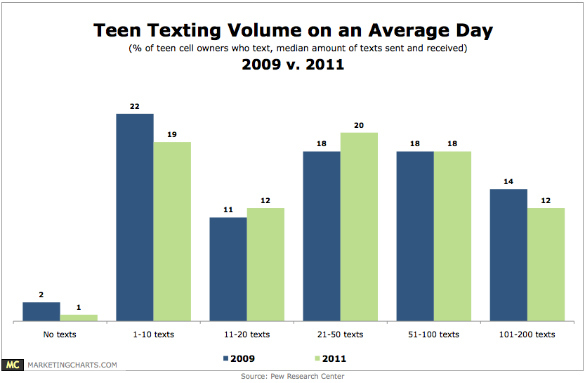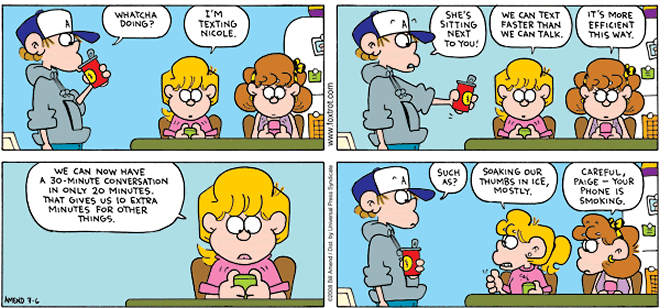Texting Dangers Extend Beyond Impaired Driving, Impact Language Skills
The holidays are right around the corner and the kids are begging for new smartphones. Buying a new phone takes a lot of research. Even with Black Friday coming up and crazy deals on iPhones, it can take some hunting around to find a great cellphone with a reasonable plan. But before you give in to your youngster’s pleas for a fancy smartphone, consider potential texting dangers like the impact it might have on his language development. According to a couple of studies, “LOL” is no laughing matter, and kids who text frequently place themselves at risk for texting dangers like poor language skills.
Study Examines Ability to Interpret Words
The first study was conducted by Joan Lee of the University of Calgary. For her master’s thesis in linguistics, Lee asked college students about their reading habits. She also asked them about their texting habits. The average student in the study group sent and received about 700 text messages per month. One of the students in the group sent or received about 3,000 text messages per month. The students were then provided with various words, some of them real, and some of them made up.
Results of Lee’s Study
Joan Lee found that the students who texted more frequently rejected more words than those who texted less and read more print media. The ability of the prolific texters to interpret words and accept new words was negatively impacted. Lee noted that she had presumed that texting would lend itself more to creative usage of language, given that texters often create different spellings and acronyms to shorten the text. However, the study results indicated the opposite effect.
Instead, the results suggest that “reading (print media) encourages flexibility in language use and tolerance of different words. It helps readers to develop skills that allow them to generate interpretable readings of new or unusual words,” according to Science Daily. In other words, texting dangers include the potential for a poor vocabulary and difficulty in acquiring new words.
Second Study Examines Tween Grammar Skills
The second study was conducted by Drew Cingel, a doctoral candidate at Northwestern University. Cingel examined the effects of texting on the grammar skills of tweens. First, Cingel assessed the grammar skills of middle school students with a test. The test he used was based on a review of grammar for a 9th grade class.
The students were then questioned about their texting habits and perceptions of texting. The students were also asked about the number of times they altered correct grammar and spelling in their last three text messages, as well as incorrect alterations in their last three received messages.
Results of Cingel’s Study
The results were considered in light of the students’ age and grade level. Cingel, who worked in collaboration with Prof. S. Shyam Sundar, found that students who were frequently exposed to text messages with many incorrect alterations performed poorly on the grammar test. This is probably no surprise to parents who struggle to interpret their tweens’ text messages. However, Cingel also noted that tweens are likely to imitate the language to which they are exposed. So if they receive more messages with incorrect alterations, the tweens are more likely to copy the errors.
Conclusions
Love it or hate it, technology is here to stay, along with the multitude of texting dangers. So what’s a parent to do? You don’t need to turn into a Luddite to bolster your child’s speech and language skills, or to encourage the use of speech therapy techniques. But you can monitor their cellphone usage. If you have an older child, try cautioning him about the possible texting dangers.
You can also limit exposure to text messages. During the school year, my teenage stepson is only allowed to use his cellphone after he finishes his homework and reads a book for half an hour. Exposure to print media may help counteract the negative impact of texting on language development. Plus, the benefits of reading for vocab development, etc. are undeniable.
As well, lead by example. Send your child text messages with correct spelling and grammar and encourage other family members to do the same. You can even use texting as an opportunity to encourage vocabulary development by texting words that might be unfamiliar to your child. When considering the results of these studies, it’s also important to keep in mind that for nonverbal children or those with severely limited speech, the possible texting dangers might be irrelevant if the cellphone functions as a type of augmentative and alternative communication device (AAC). In these cases, texting might be one of the very few communication methods available to a child.





